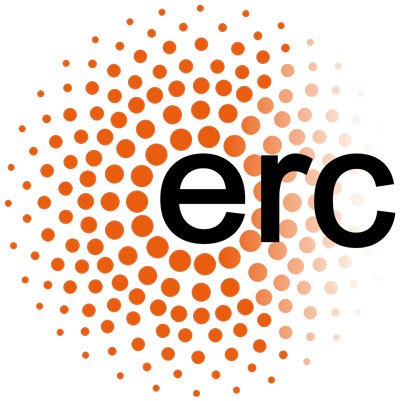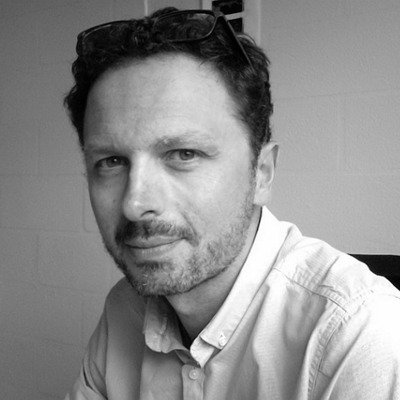
ERC Advanced grant 2020
Field: Physics
Research: Spinning Active Matter
Project
Active-matter physics describes the mesmerizing dynamics of interacting motile bodies: from bird flocks and cell colonies, to collections of synthetic units independently driven far from equilibrium. Until now, however, all man-made realizations have been merely limited to 2D model systems. We will introduce a paradigm shift to upgrade the status of synthetic active matter from aesthetic 2D experiments to genuine 3D materials with unanticipated engineering applications. The essential goal is to construct the first generation three-dimensional active materials assembled from colloidal spinners, and to lay out the foundations of spinning active matter. I articulate my project around three complementary aims, all based on a unique experimental platform combining high-content microfluidics, smart colloidal design, optical tweezers, and high-speed confocal imaging: Aim 1. Spinner Interactions. We will introduce a versatile microfluidic platform to disentangle, tailor and elucidate the pair interactions which dictate the collective dynamics of colloidal spinners. Aim 2. Frustration-induced (dis)order. Building first on model experiments on spinning monolayers, we will explain how the intrinsic frustration of spinning motion at the microscopic scale shapes the macroscopic structure and flows of spinning matter. Aim 3. Spinner liquids, solids and liquid crystals. We will then be equipped to introduce the first generation of tree dimensionnal liquids, solids and liquid crystals assembled from synthetic active matter. Combining microfluidics and high-speed confocal imaging, we will establish their phase behavior and relate their inner microscopic dynamics to their macroscopic mechanical response.
ERC Funding: 2.443.276 €
Duration: 01/10/2021 to 30/09/2026
ERC Advanced Grant
ERC Advanced Grants support excellent and investigator-initiated research projects by leading advanced researchers of any nationality. Applicants may be at any stage of their research career if they have a track-record of significant research achievements of the last 10 years.
Depending on their individual research field, applicants will be expected to match the following benchmarks: publications as senior author in major international journals, (translated) monographs, patents, conference presentations, research expeditions, involvement in the organization of international conferences, and recognition through scientific prizes/awards or memberships in well-recognised academies.







